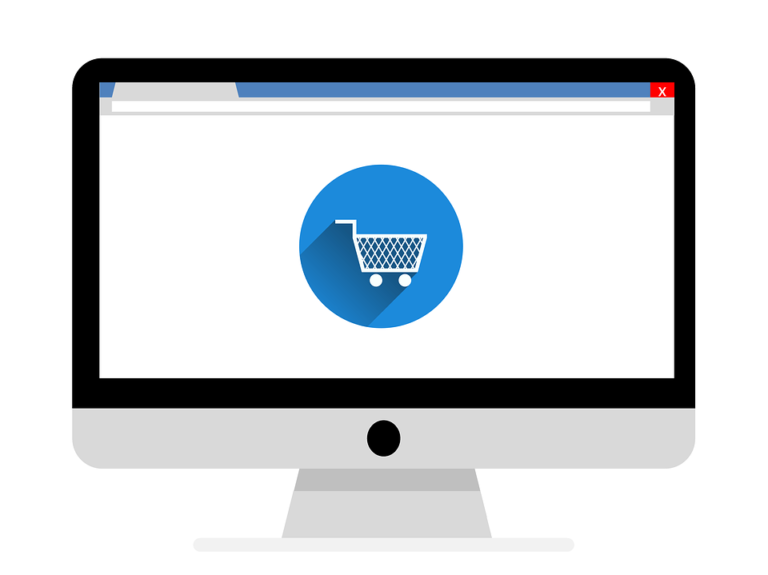By: Natale Goriel, SBA Official
Money is the lifeline of any business, so whether you’re starting a business or running an established one, securing financing is a major factor, especially for small businesses. Many budding entrepreneurs find the task daunting and don’t even know where to begin.
Here’s a simple yet practical guide on how to go about preparing to apply for a small business loan.
- What criteria do banks look for in making small business loans?
Different banks or lending institutions may have different standards, but in general, in order to consider your application for a small business loan, banks will require:
- The loan must be for a sound business purpose. For SBA-guaranteed loans, the business must be eligible based on size, use of loan proceeds and the nature of the business (no lending, speculating, passive investment, pyramid sales, gambling, etc.)
- You and your partner(s) are of good character, have experience and good personal and/or business credit history
- Ability to pay back the loan- reasonable to strong collateral (personal and business assets) is very important. SBA expects the loan to be fully secured, but we will not decline a request to guaranty a loan if the only unfavorable factor is insufficient collateral. And of course, owners must have personal equity investment in the business/skin in the game.
- What information will you need?
Different lenders may require more or fewer documents, but in general, you will need:
- Personal and business credit history
- Personal and business financial statements for existing and startup businesses and as well as a projected financial statements
- Strong, detailed business plan (including personal information such as bios, education, etc.)
- Cash flow projections for at least a year, and
- Personal guaranties from all principal owners of the business
- How can you set yourself up from the beginning to make the process easier? (i.e. accounting systems, etc.)
Be prepared; be thorough; be truthful.
- Choose your lending institution carefully. Larger banks tend to shy away from small loans as they are less profitable and take the same amount of underwriting and servicing. That doesn’t mean large banks do not make small loans; it is just more difficult.
- Approach banks or lending institutions you have worked with or are a customer of
- Explore community banks and Credit Unions
- Talk to a lending officer and find out exactly what documentation they require
- Be thorough, bring everything they ask. Many loan applications are denied or face unnecessary hurdles because of incomplete applications.
Even before you start gathering and organizing the information required by lenders to consider your application, you should educate yourself regarding business loans so you can understand and discuss intelligently with the lending officers when the time comes.
- What is the typical size of a small business loan?
Small businesses come in many sizes, from a start-up of a one-person company to hundreds of employees, and their financial needs vary accordingly, so “typical” also varies. That said, in the banking industry the median small business loan is about $130,000 – $140,000 with highest around $250,000. SBA small business loans range from about $5,000 (microloans) to $5 million (largest guaranteed) with the average loan around $371,000.
- How can you get financing to start a business since many banks want to fund growth?
Start-ups are probably the most difficult ventures when it comes to securing financing. Many start-up businesses seek financing from family, friends and credit cards. If the credit is sound, the business plan strong and you have enough personal resources to invest and collateral to guarantee, smaller, community banks and other community financial institutions and Credit Unions may consider lending you money.
Your best bet by far is SBA assistance. Begin by visiting SBA’s website , where you will find a wealth of information not only on how to secure a small business loan but equally importantly, other services and training opportunities to help you succeed.
- Are there organizations that can help?
SBA works closely with a large network of partners that leverage SBA resources and are just one phone call away and ready to provide extensive help.
Please contact Orange County SBDC at (714) 564 5200 for further assistance.



